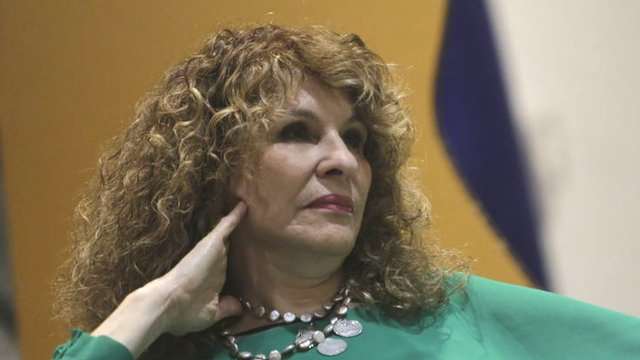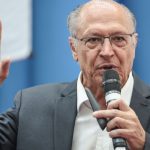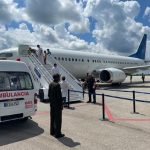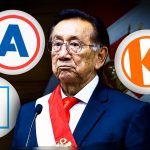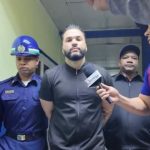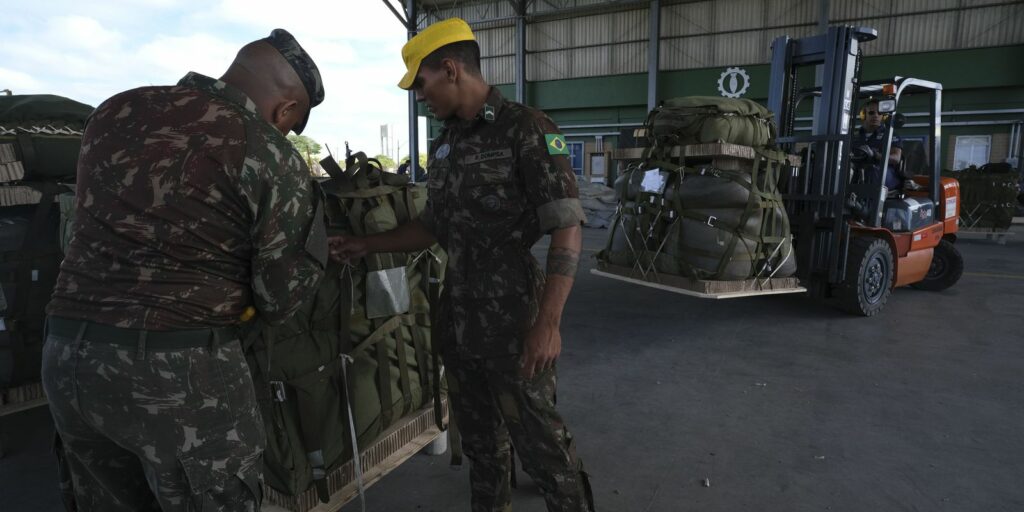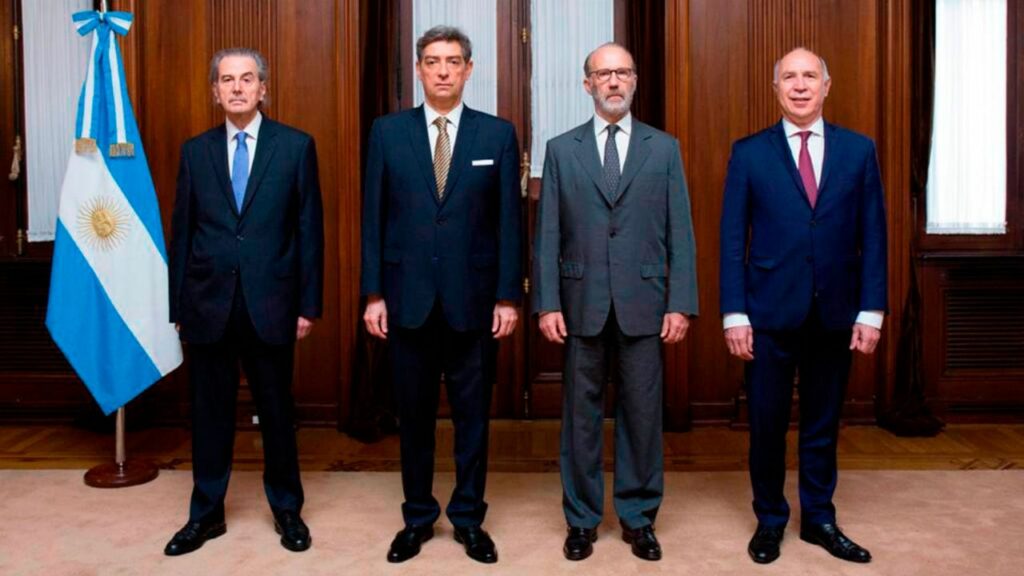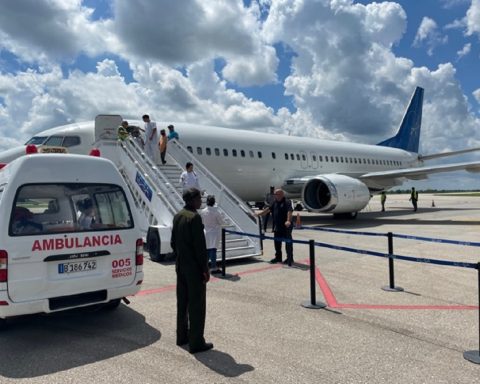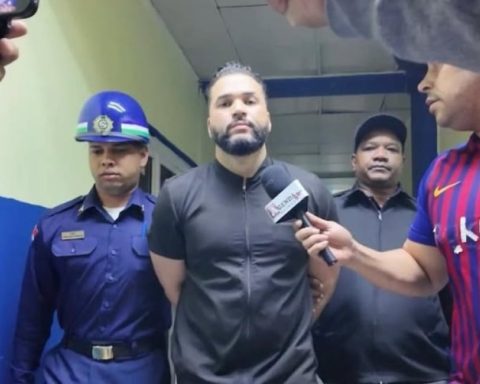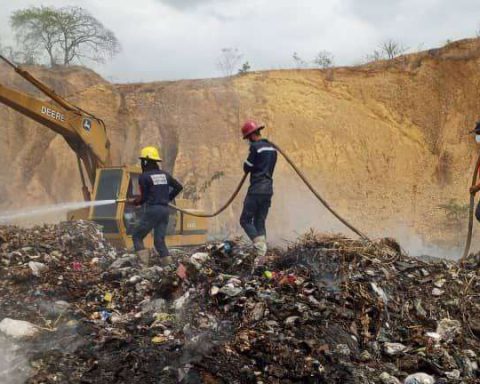February 10, 2023, 7:29 AM
February 10, 2023, 7:29 AM
Surprised by the news, the Nicaraguan writer Gioconda Belli had to verify several times that the release this Thursday of 222 opponents of her country was real.
Whoever was a guerrilla and revolutionary before becoming a firm opponent of the government of Daniel Ortega celebrates from her exile in Spain this event that brightened her day doubly: also this Thursday her son had her first baby.
“So I was between the birth of my son and the birth of all these people finally coming out to freedom. It’s being very impactful emotionally,” She tells BBC Mundo excitedly by phone.
The freed Nicaraguans are part of the dozens of politicians, journalists, religious, businessmen, activists and students arrested in recent years -many of them in the months before the 2021 elections after which Daniel Ortega assumed his fourth consecutive term as president. – under accusations of money laundering or committing damage to the national integrity, among other crimes.
Belli, who recognizes the importance of this gesture, however asks not to be overconfident before interpreting this release as the prelude to a more profound change in the Nicaraguan government’s policy.
In the same way, it admits the bittersweet taste of the fact that the people released have had their Nicaraguan nationality withdrawn for “treason against the homeland” and the government has ordered their “immediate expulsion” to the United States, where they arrived this tomorrow. “These people were not traitors to the country: they were opponents,” remark.
This is the interview that Belli had with BBC Mundo.
First of all, how do you feel and how did you receive the news of the release of this group of imprisoned compatriots?
Within all that we have suffered, this is a very happy and special day knowing that all those people who were imprisoned and going through very difficult conditions are now free and can be with their families, rebuild their lives and heal from all psychological damage. and physicists who spent in jail.
At first I received the news with bewilderment, now you have to always check everything because you don’t know if the news is false. Looked like too good to be true (too good to be true), but after a while I found out from several people who are more aware that it was true.
Have you been able to speak with the relatives of any of these released persons?
Yes, my assistant’s son was arrested instead of her, because they went looking for her at home and, when they couldn’t find her, they took her son. He is already free, she found out that he is in Washington.
Cristiana Chamorro is a very close friend of mine, Arturo Cruz, [José Antonio] Peraza… I knew almost all the prisoners, I loved them, they are impeccable people who had no reason to be incarcerated and we were very sad to see the situation they were in.
For me, who is a writer, the idea of not being able to have a book in 600 days, of having them locked up in tiny cells without even being able to have that chance to read or write… seemed immeasurable cruelty to me.
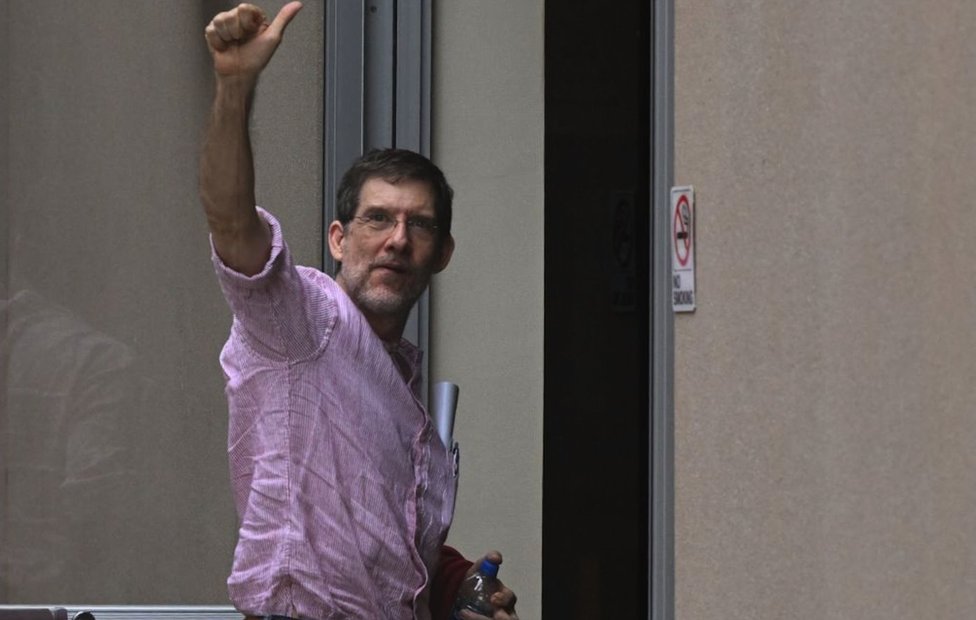
What do you think caused this unexpected decision by the Nicaraguan government, what do you think influenced your decision?
I think they may be realizing that they cannot live in the isolation they have found themselves in, that international pressure for the release of political prisoners is already affecting their relations with Latin America.
In that sense, I think the CELAC meeting was important. [Comunidad de Estados Latinoamericanos y Caribeños, cuya última cumbre se celebró el pasado mes en Argentina]where several of the presidents expressed their request to Nicaragua to release the political prisoners.
Do you think that the international community should change its position now towards Nicaragua because of this gesture?
Nicaragua is still in a very difficult situation. The country has to give many more demonstrations of a democratic desire, of a desire to stop this absurd and repressive situation that we are experiencing.
This is an important gesture, I don’t want to deny it, but there are also many other important gestures that are missing for us to think that there can be a return to democracy in Nicaragua.
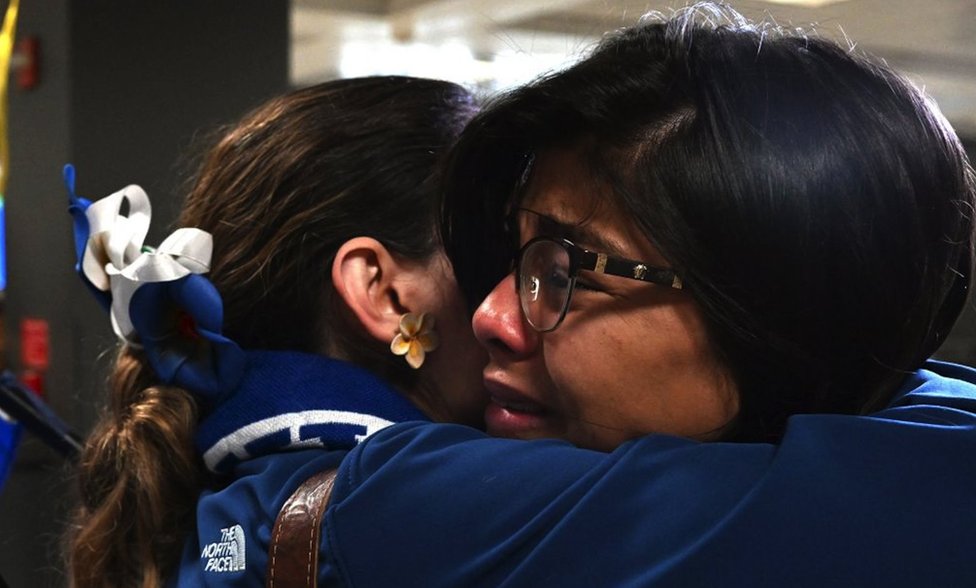
No considers that this could be the prelude to a more profound change in Nicaraguan politics.
No, there are still not enough elements to say that there is a definitive turn in politics. I think we have to wait a little longer.
They were released but lthey expelled you and withdrawron the nationality of your own country. She is a good news half.
Clear. Although this act speaks of a slightly more compassionate and humane attitude, the maneuver of stripping them of their nationality, declaring civic death and invoking exile for these freed Nicaraguans is a sign of the cruelty of this regime.
That banishment is like an ancient thing, from the Romans, talking about a type of exile where they take away your nationality because they accuse you of treason. No, these people were not traitors to the country: they were opponents.
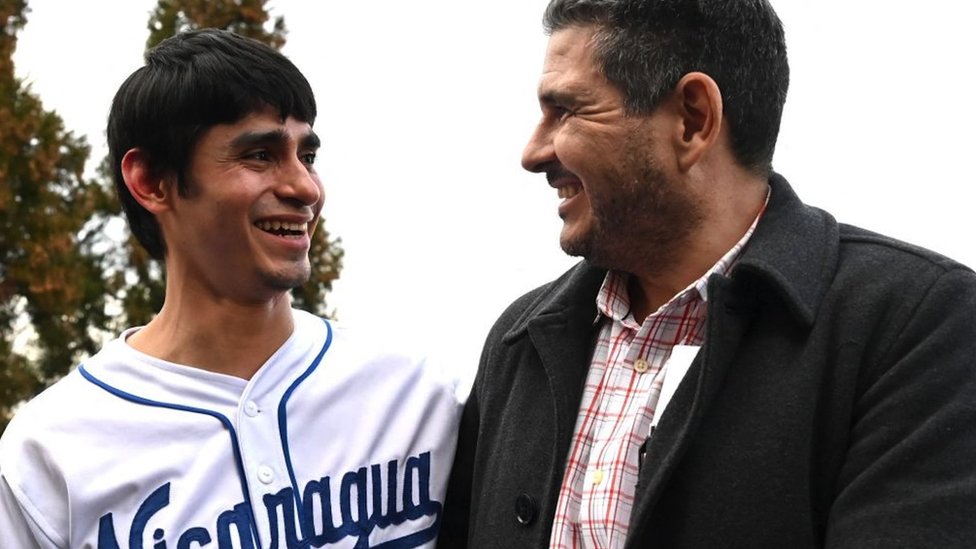
What should be the next step after this release?
There are still dozens of political prisoners who are still in jail. We must continue to insist that there be democratic elections, that there be freedom of expression, that there can be an atmosphere of peace and respect for opinions contrary to the government. This is very important.
We have to recover that country so that it can be our country again and not be the feud of a family.
Remember that you can receive notifications from BBC Mundo. Download the new version of our app and activate them so you don’t miss out on our best content.
